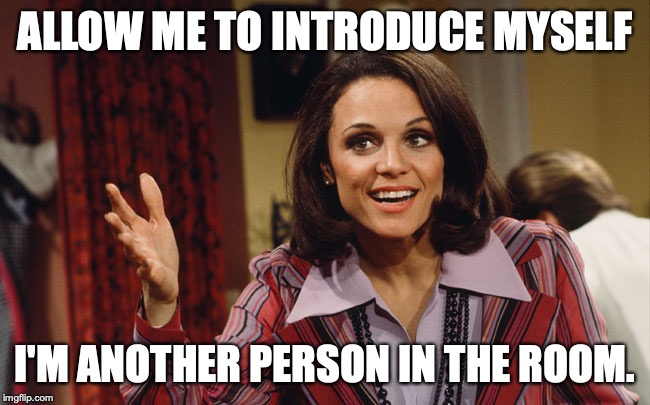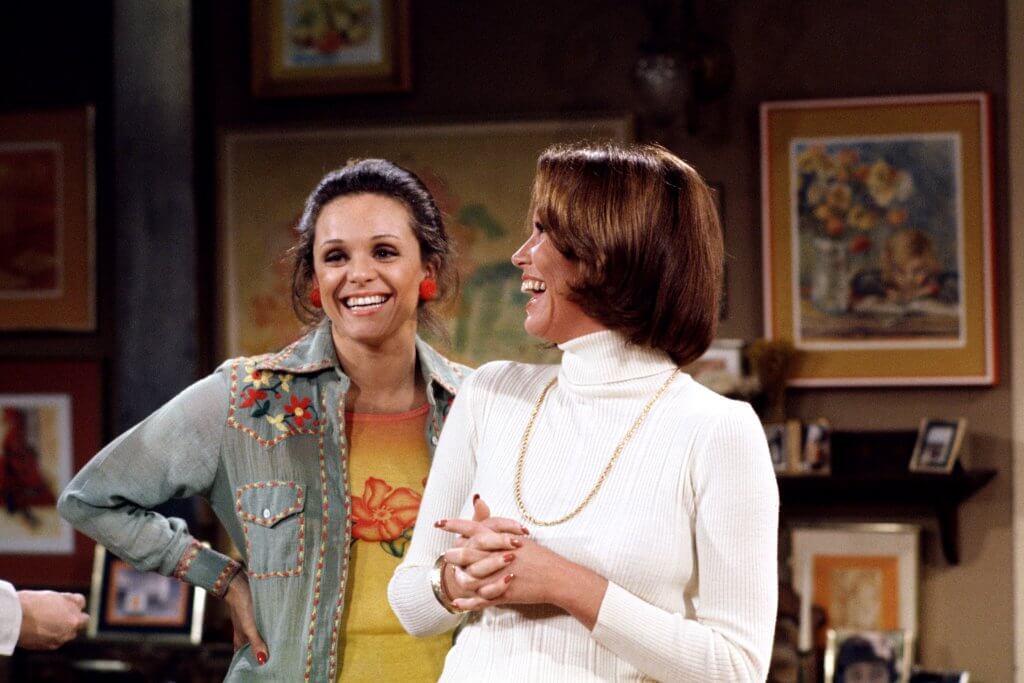It’s been in the news, for the last few days, that Valerie Harper is nearing the end of her life. She has brain cancer and her healthcare team has determined that the treatments prescribed for her are no longer effective. That’s bad news for Valerie and her family but it’s not unlike the news that millions of us have faced, or are facing, or will face in the future. Therapies run their course and if we’re lucky, we have doctors and nurses and specialists who are gentle when delivering this news and they deliver it in time for patients to receive palliative care and avoid financial devastation.
But despite recommendations from specialists, Valerie’s husband has declined hospice treatment and as a hospice worker and death doula, this is hard for me to grasp. I worry that hospice care is misunderstood. The reality is that few of us will get through life without having to face a loved one’s death and so we should be doing our research to know how we will handle it. I’ve discovered that those who could benefit from hospice care are often too incapacitated to make the decision for themselves and so I ask myself, “What Would Rhoda Morgenstern Do?”
Rhoda Morgenstern grew up in the Bronx. She was fiercely independent and not easily rattled. As an adult, she moved to Minnesota where she lived loud and proud as a brash, unmarried artist — exactly the hutzpah needed to survive the Midwest in the 70s. Rhoda was often stuck playing second-fiddle to her best friend, Mary Richards, but she didn’t let that define her. She worked hard as a costume designer and eventually found her way back to New York where became a fabulous window dresser who spent most of her time giving advice to her insecure and self-conscious sister.

I can’t help but think that faced with delicate end-of-life issues, Rhoda Morgenstern would have taken matters into her own hands. She would have had a plan in place and not relied on anyone to make decisions for her. Rhoda would have talked (most likely very loudly and boldly) with her loved ones about her final wishes. She would have an Advance Care Plan written out, notarized, and stored in the lacquered desk that sat under her macrame wall hanging. She would have given a copy to Mary who would have promptly locked it away for safe keeping in her office desk at the news station.
Rhoda would have come to terms with her own mortality by the time she was ready for hospice and she would have gone willingly and happily. She was a straight shooter who would have challenged anyone who questioned her exit strategy. Rhoda Morgenstern would have understood that entering hospice care is a gentle, accessible option for folks who want their final days to be peaceful and pain free. Having spent many girls’ nights out lounging around, discussing plans for old age, she would have a handle on how it was gonna go down. Nothing would have taken her by surprise. Not even a rare form of brain cancer.
In one of my favorite episodes, Rhoda makes an attempt to lift Mary’s spirits by saying, “Okay, so you’re having a lousy streak. I happen to be having a terrific streak. Soon the world will be back to normal. Tomorrow you will meet a crown head of Europe and marry and I will have a fat attack, eat 3000 peanut butter cups and die.”
Not a bad way to go, Rhoda. Just make sure you’ve signed your DNR.


